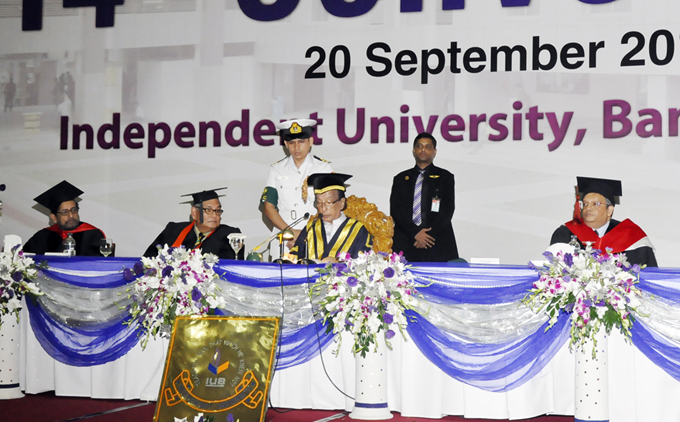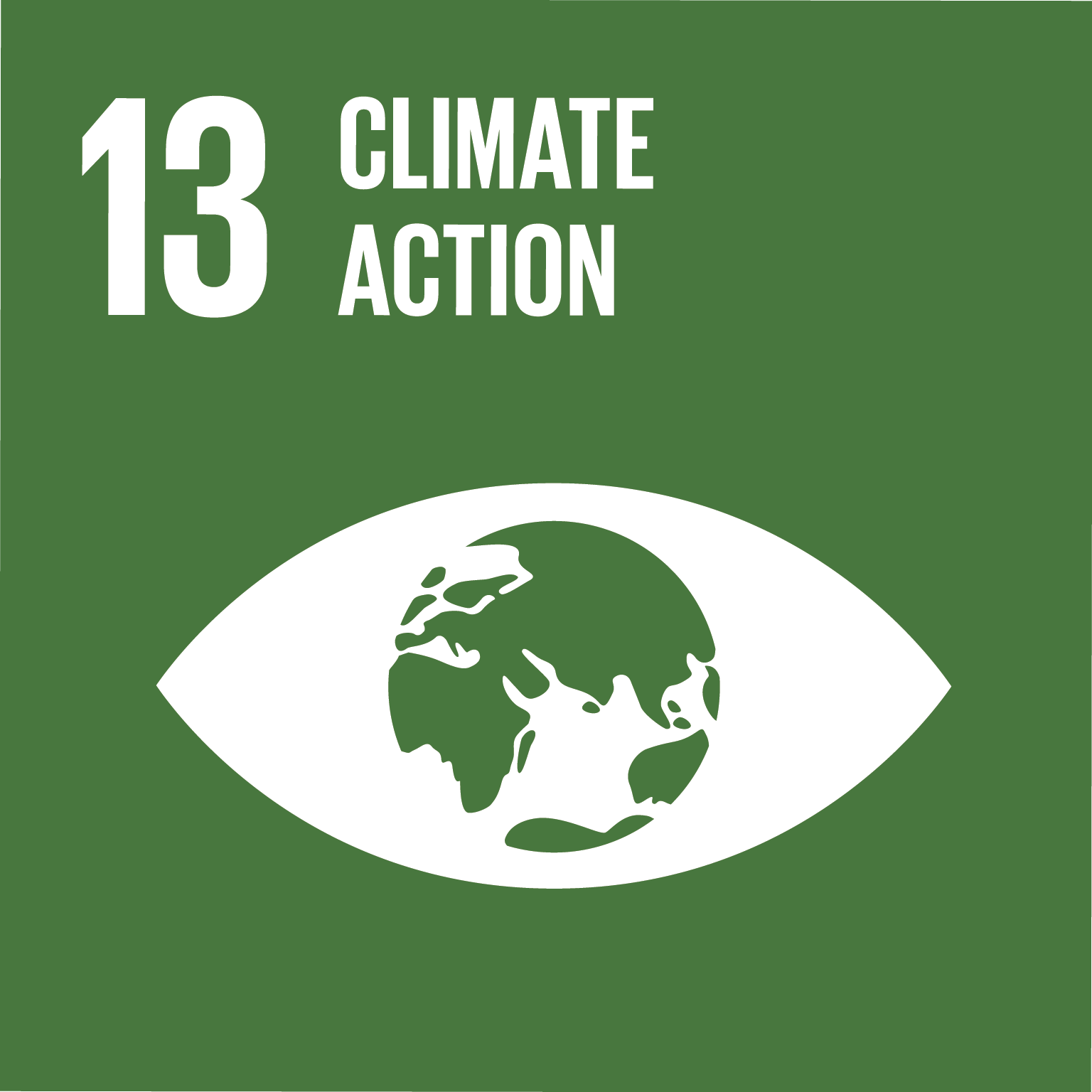|
International Centre For Climate Change And Development
International Centre for Climate Change and Development (ICCCAD) is an environmental research institute established in 2009 through a joint collaboration between IIED (UK), Bangladesh Centre for Advanced Studies, and Independent University, Bangladesh (IUB). The centre is based in the campus of IUB, Dhaka. The director of the centre was Saleemul Huq Saleemul Huq (born 1952) is a Bangladeshi-British scientist and has been the Director of the International Centre for Climate Change & Development (ICCCAD) based in Bangladesh, also Professor at Independent University, Bangladesh (IUB). He was .... It now also hosts the Bangladesh Academy for Climate Services (BACS). References External linksOfficial website {{authority control Environmental organisations based in Bangladesh Research institutes in Bangladesh 2009 establishments in Bangladesh ... [...More Info...] [...Related Items...] OR: [Wikipedia] [Google] [Baidu] |
Bangladesh Centre For Advanced Studies
Bangladesh Centre for Advanced Studies (BCAS) is a think tank in Bangladesh working to develop national capabilities in addressing resource management, environment and development (RMED) issues by use of existing intellectual, technology and manpower.Bangladesh Centre for Advanced Studies (BCAS), Dhaka, Bangladesh , Urban Management Programme - Asia Partner Institutions, UNDP/UNCHS, Retrieved: 2007-11-27 It was set up in 1984 by who became the first executive director of the organization. BCAS addresses |
Independent University, Bangladesh
Independent University, Bangladesh ( bn, ইন্ডিপেন্ডেন্ট বিশ্ববিদ্যালয়) or IUB is a one of the well renowned, prestigious and popular private university in Bangladesh. It is located in Bashundhara Residential Area of Dhaka, Bangladesh. It was established in 1993 under the Private University Act, 1992. With an explicit focus on Research and Global partnerships. IUB has an enrollment of 7,378 students, 11,556 alumni and 401 faculty members (of which 68% have PhD's mostly from North America). The campus is spread over three acres and is well-equipped with an amphitheater, a library, state-of-the-art laboratories and more than 70 classrooms. The university is committed to research and global partnerships. This is why students are encouraged to engage in research projects, alongside conventional classroom-based learning. The Independent University has academic research collaborations with a number of prestigious universities incl ... [...More Info...] [...Related Items...] OR: [Wikipedia] [Google] [Baidu] |
Dhaka
Dhaka ( or ; bn, ঢাকা, Ḍhākā, ), formerly known as Dacca, is the capital and largest city of Bangladesh, as well as the world's largest Bengali-speaking city. It is the eighth largest and sixth most densely populated city in the world with a population of 8.9 million residents as of 2011, and a population of over 21.7 million residents in the Greater Dhaka Area. According to a Demographia survey, Dhaka has the most densely populated built-up urban area in the world, and is popularly described as such in the news media. Dhaka is one of the major cities of South Asia and a major global Muslim-majority city. Dhaka ranks 39th in the world and 3rd in South Asia in terms of urban GDP. As part of the Bengal delta, the city is bounded by the Buriganga River, Turag River, Dhaleshwari River and Shitalakshya River. The area of Dhaka has been inhabited since the first millennium. An early modern city developed from the 17th century as a provincial capital and ... [...More Info...] [...Related Items...] OR: [Wikipedia] [Google] [Baidu] |
Saleemul Huq
Saleemul Huq (born 1952) is a Bangladeshi-British scientist and has been the Director of the International Centre for Climate Change & Development (ICCCAD) based in Bangladesh, also Professor at Independent University, Bangladesh (IUB). He was elected one of ''Nature's 10'' Ones in 2022. He is an expert in the field of climate change, environment and development. He has worked extensively in the inter-linkages between climate change mitigation, adaptation and sustainable development, from the perspective of developing countries, particularly in the least developed countries (LDCs). He was a lead author of the chapter on Adaptation and Sustainable Development in the Third Assessment Report of the Intergovernmental Panel on Climate Change (IPCC), and was one of two coordinating lead authors of ‘Inter-relationships between adaptation and mitigation’ in the IPCC’s Fourth Assessment Report (2007). In addition he has contributed to the Fifth Assessment Report of the IPCC. He ... [...More Info...] [...Related Items...] OR: [Wikipedia] [Google] [Baidu] |
Environmental Organisations Based In Bangladesh
A biophysical environment is a biotic and abiotic surrounding of an organism or population, and consequently includes the factors that have an influence in their survival, development, and evolution. A biophysical environment can vary in scale from microscopic to global in extent. It can also be subdivided according to its attributes. Examples include the marine environment, the atmospheric environment and the terrestrial environment. The number of biophysical environments is countless, given that each living organism has its own environment. The term ''environment'' can refer to a singular global environment in relation to humanity, or a local biophysical environment, e.g. the UK's Environment Agency. Life-environment interaction All life that has survived must have adapted to the conditions of its environment. Temperature, light, humidity, soil nutrients, etc., all influence the species within an environment. However, life in turn modifies, in various forms, its condit ... [...More Info...] [...Related Items...] OR: [Wikipedia] [Google] [Baidu] |
Research Institutes In Bangladesh
Research is " creative and systematic work undertaken to increase the stock of knowledge". It involves the collection, organization and analysis of evidence to increase understanding of a topic, characterized by a particular attentiveness to controlling sources of bias and error. These activities are characterized by accounting and controlling for biases. A research project may be an expansion on past work in the field. To test the validity of instruments, procedures, or experiments, research may replicate elements of prior projects or the project as a whole. The primary purposes of basic research (as opposed to applied research) are documentation, discovery, interpretation, and the research and development (R&D) of methods and systems for the advancement of human knowledge. Approaches to research depend on epistemologies, which vary considerably both within and between humanities and sciences. There are several forms of research: scientific, humanities, artistic, econo ... [...More Info...] [...Related Items...] OR: [Wikipedia] [Google] [Baidu] |



